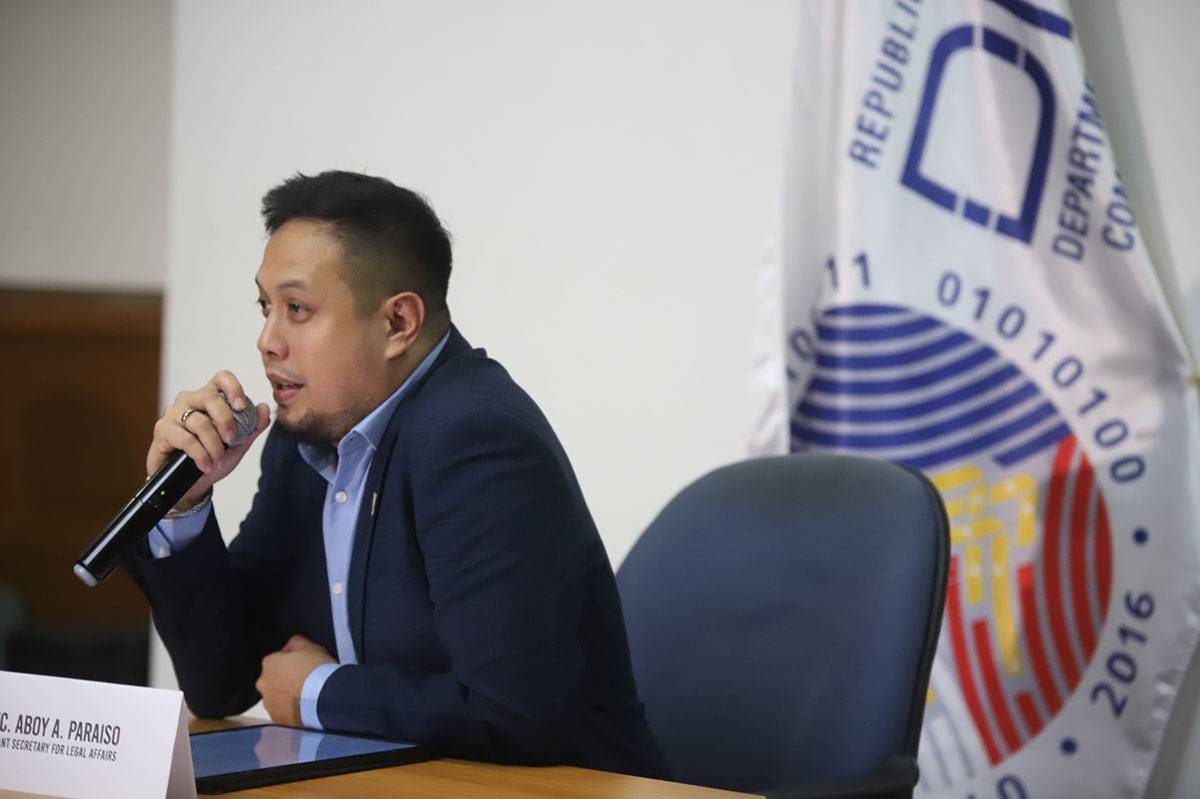The Department of Information and Communications Technology (DICT) in the Philippines is taking steps to bridge the digital divide and provide internet access to geographically isolated and disadvantaged areas (GIDA). The DICT has set an ambitious target of installing 15,000 internet access points in these remote areas by the end of the year.
This new target surpasses the department’s earlier goal of 13,000 sites, demonstrating their commitment to extending connectivity to all Filipinos. Renato Paraiso, the DICT spokesman, announced this plan during a recent briefing. He emphasized that the department is aligning its efforts with the mandate of President Ferdinand Marcos Jr. to enhance connectivity across the country.
To achieve this goal, the DICT has implemented the Universal Internet Subscription for GIDA (UISG) Project, which aims to deploy various technologies, including fixed satellite communications, fiber technology, and satellite communications-on-the-move terminals. These technologies will be deployed in over 2,000 GIDA locations.
Paraiso shared that as of December 15, there are already 11,771 access points established throughout all 12 regions, including the Bangsamoro Autonomous Region in Muslim Mindanao (BARMM). With the ongoing efforts, the number of access points is expected to reach 12,000 soon.
The installation of internet access points in remote areas serves a crucial purpose. The DICT recognizes that during calamities, having these access points will greatly aid in connecting with other government agencies and local government units. It will facilitate efficient communication and coordination during times of crisis.
In a recent collaboration, the DICT partnered with ComClark Network and Technology Corp. (ComClark) to launch and ceremonially turnover the equipment for the UISG Project. DICT Secretary Ivan John Uy highlighted that this initiative is part of the broader vision to bridge the digital divide and provide Filipinos with access to the vast opportunities offered by the digital economy.
This partnership with ComClark underscores the DICT’s dedication to turning this vision into a reality. By leveraging the expertise and resources of ComClark, the DICT aims to accelerate the deployment of internet access points and ensure that even the most remote areas of the Philippines are connected.
The DICT’s efforts to expand internet access in remote areas are commendable. Access to the internet has become increasingly essential in today’s digital age, enabling individuals and communities to access information, educational resources, and economic opportunities. By extending connectivity to geographically isolated and disadvantaged areas, the DICT is empowering Filipinos and fostering inclusivity.
In conclusion, the DICT’s plan to install 15,000 internet access points in remote areas of the Philippines is a significant step towards bridging the digital divide. Through the UISG Project and collaborations with partners like ComClark, the DICT is working diligently to provide connectivity to all Filipinos and unlock the limitless opportunities offered by the digital economy.







